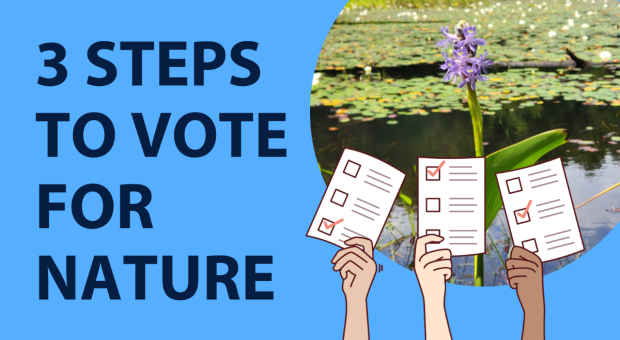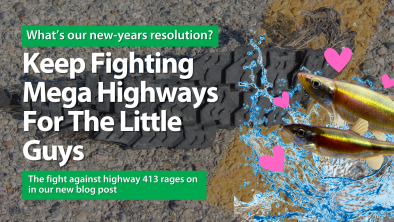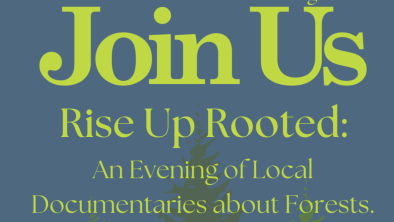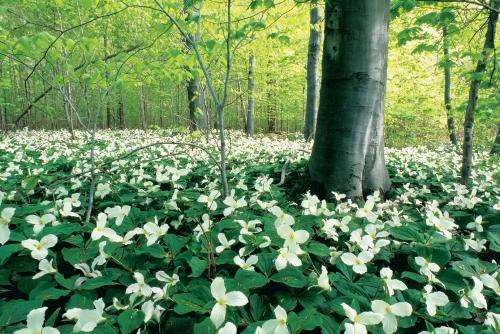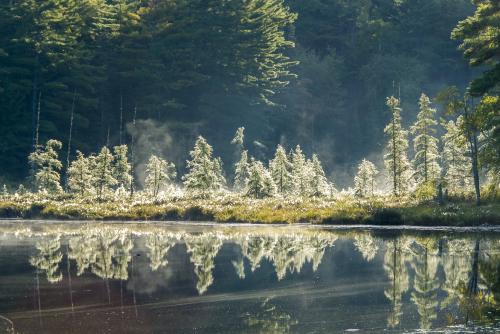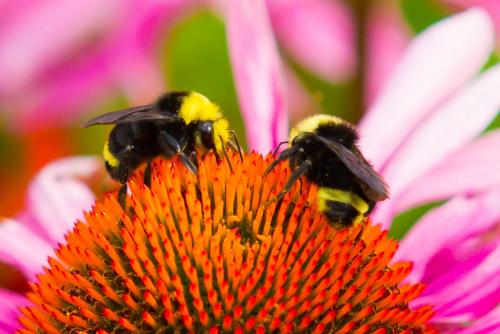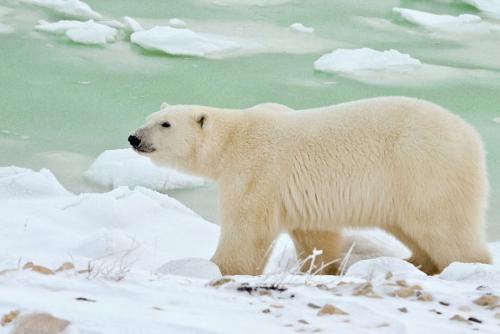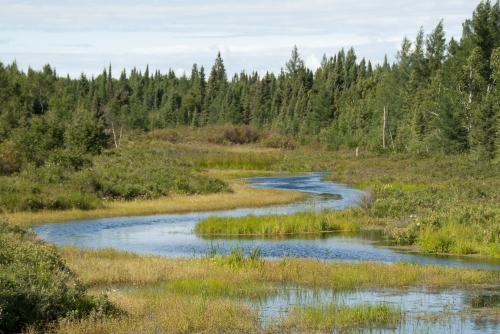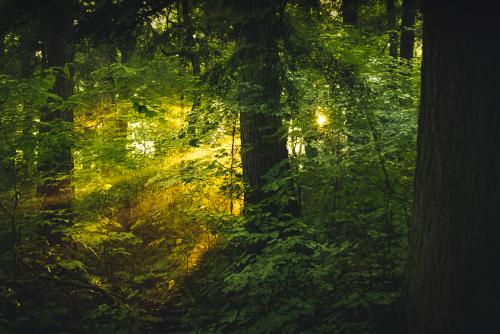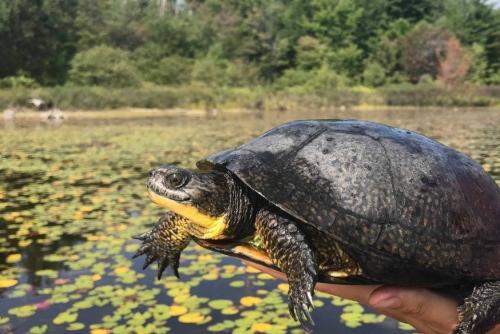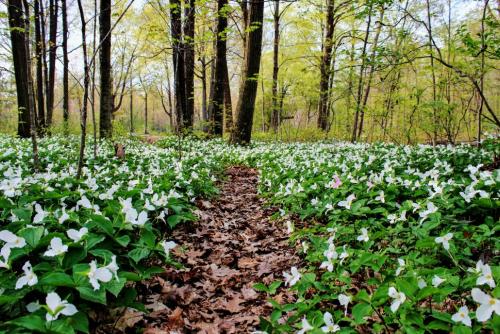Welcome to our Ontario Office! The Wilderness Committee began working in Ontario in the early 90s with a chapter of concerned citizens in Ottawa looking to speak up for wilderness and wildlife on the doorstep of Canada’s parliament. Back then we were fighting phase two of the James Bay hydroelectric-power development. We established our Toronto office in the mid-90s and a door-to-door canvass to spread the word and garner support for our work protecting wild places. This canvass has expanded to other municipalities and now thousands of Ontario residents have joined our movement to protect wilderness and wildlife and fight for a healthy climate.
We are on the ground working to defend endangered species, from wild pollinators like bees to the elusive boreal woodland caribou. We advocate for stronger and well-enforced federal species at risk legislation and have won precedent-setting legal victories when the legislation isn't followed. On the heels of massive bee and wild pollinator deaths in 2013 linked to the use of neonicotinoid (neonics) pesticides on corn and soybean crops in Ontario and Quebec, we strive to ban these harmful products. Our Ontario parks defence campaign takes us on the ground in Algonquin provincial park as the last Ontario park being desecrated by commercial logging. Our work for a safe climate supports transitioning to a low-carbon economy and fighting against damaging, carbon-intensive industries.
Please join us in our work! Scroll down to take action; and volunteer, donate, or shop online for eco-gifts, cards and calendars.
Featured Campaign Updates
Our Campaigns
Contact us
Ontario Office
207 - 425 Queen Street W.
Toronto, ON
Traditional territory of Mississaugas of the Credit, Anishnaabeg, Chippewa, Haudenosaunee and Wendat
M5V 2A5
Hours: Monday to Thursday, 9am - 4pm. No public hours, call to make an appointment.
Reports & Publications
Join Our Team
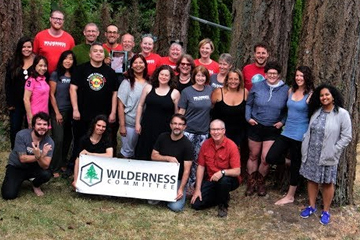
Working for the Wilderness Committee is a rewarding experience, and a chance to make a difference.
